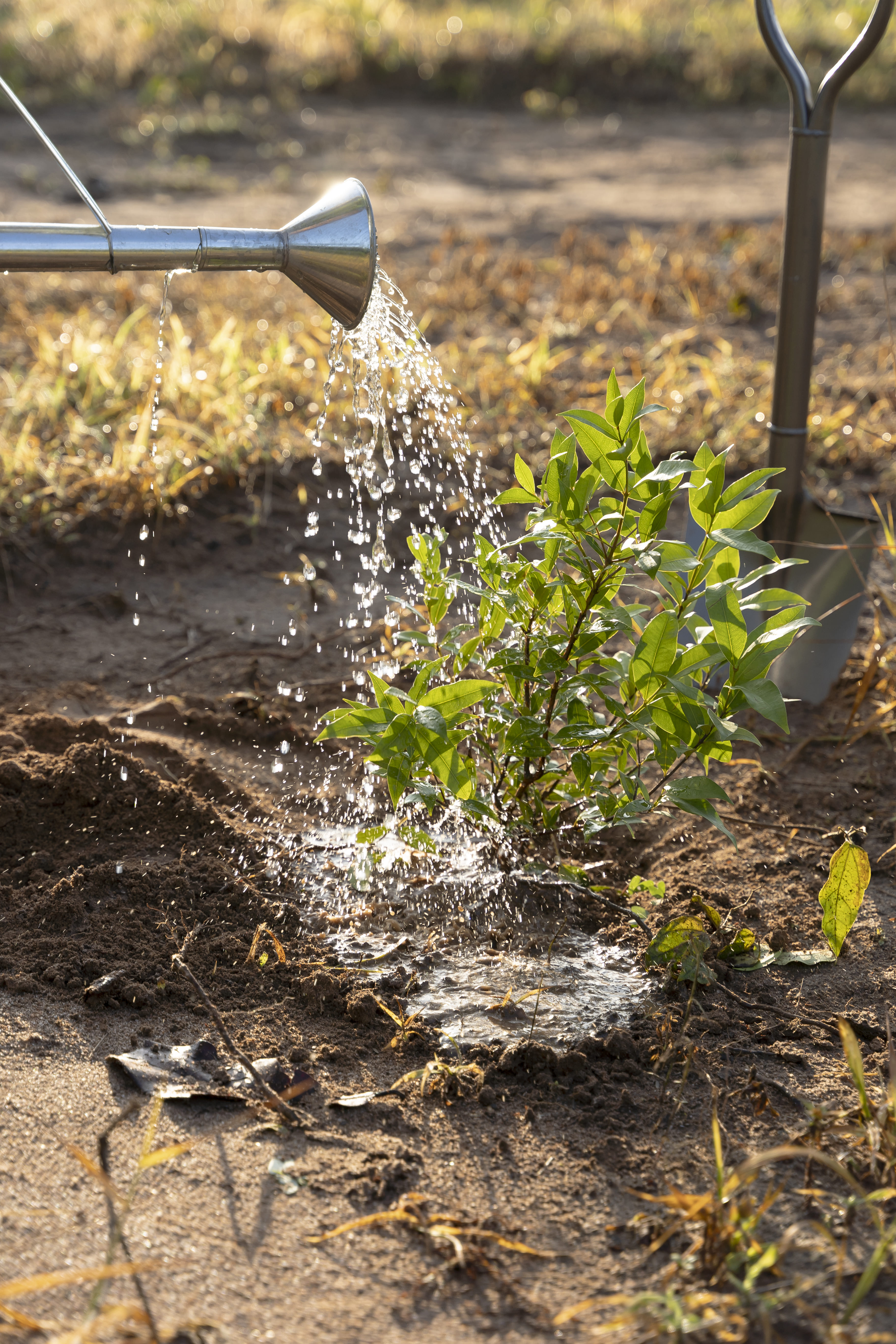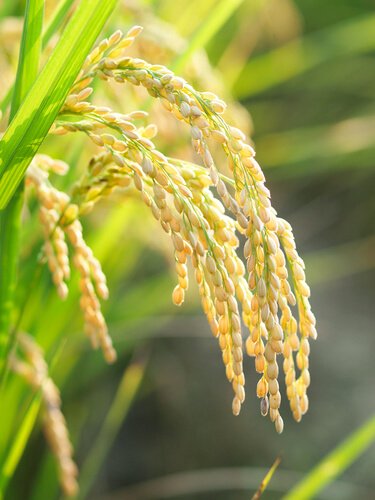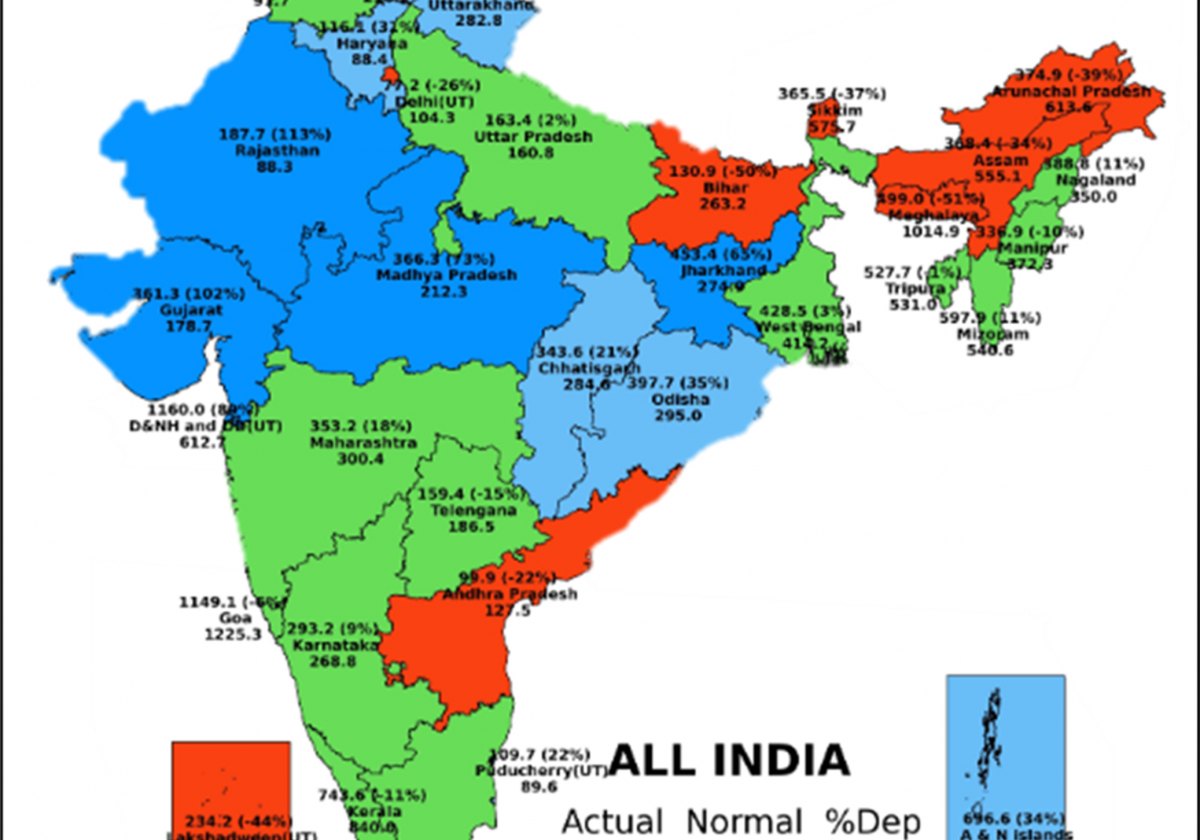At the recent G20 Summit, Indian Prime Minister Shri Narendra Modi emphasised adopting the 3S strategy – Smart, Sustainable, and Serve – for the country’s agriculture sector. This strategy aims to promote technological innovation and environmentally sustainable practices and serve the needs of both farmers and consumers.
Including a lack of access to modern technology and limited infrastructure for storage and transportation, India’s agriculture sector is facing several challenges. The 3S strategy seeks to address these issues by promoting the adoption of innovative farming techniques and sustainable agricultural practices and improving the overall value chain for agricultural products.

- The “Smart” component of the strategy involves using technology to improve farming practices, increase productivity, and reduce waste. This includes using precision agriculture techniques such as precision irrigation, fertilisation, and pest management. The adoption of these techniques can reduce water usage, increase crop yields, and minimise the use of chemical inputs.
- The “Sustainable” component focuses on promoting environmentally friendly practices that can help reduce the negative impact of agriculture on the environment. This includes using organic farming techniques, promoting biodiversity, and reducing greenhouse gas emissions. In addition, sustainable agriculture can help conserve soil and water resources, reduce pollution, and improve the overall health of ecosystems.
- The “Serve” component emphasises the need to serve the needs of farmers and consumers. This involves improving access to markets, providing better infrastructure for storage and transportation, and ensuring fair prices for agricultural products. By serving the needs of farmers and consumers, the 3S strategy can promote inclusive growth and reduce poverty in rural areas.
India’s adoption of the 3S strategy is a step in the right direction towards transforming the country’s agriculture sector. By promoting smart, sustainable, and service-oriented agriculture practices, India can increase its agricultural productivity, reduce its impact on the environment, and improve the livelihoods of farmers and rural communities.

In conclusion, adopting the 3S strategy for Indian agriculture is a positive step towards achieving sustainable and inclusive growth. It recognises the importance of technological innovation, sustainable agricultural practices, and serving the needs of farmers and consumers. As India implements this strategy, it can become a leader in promoting smart, sustainable, and service-oriented agriculture practices globally.








 Connect With Us
Connect With Us